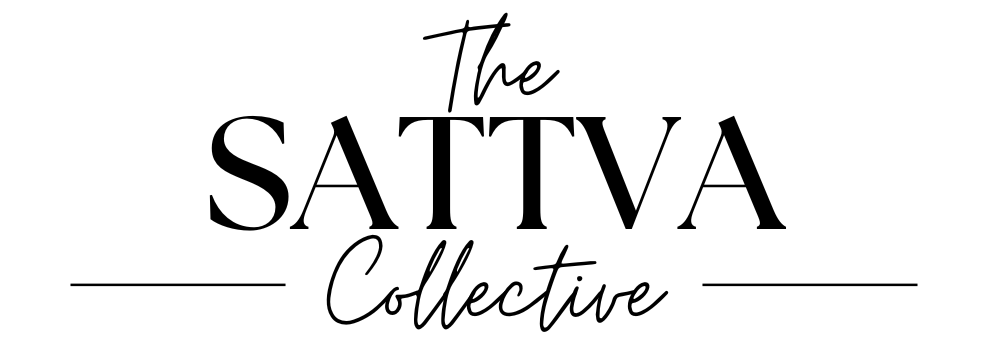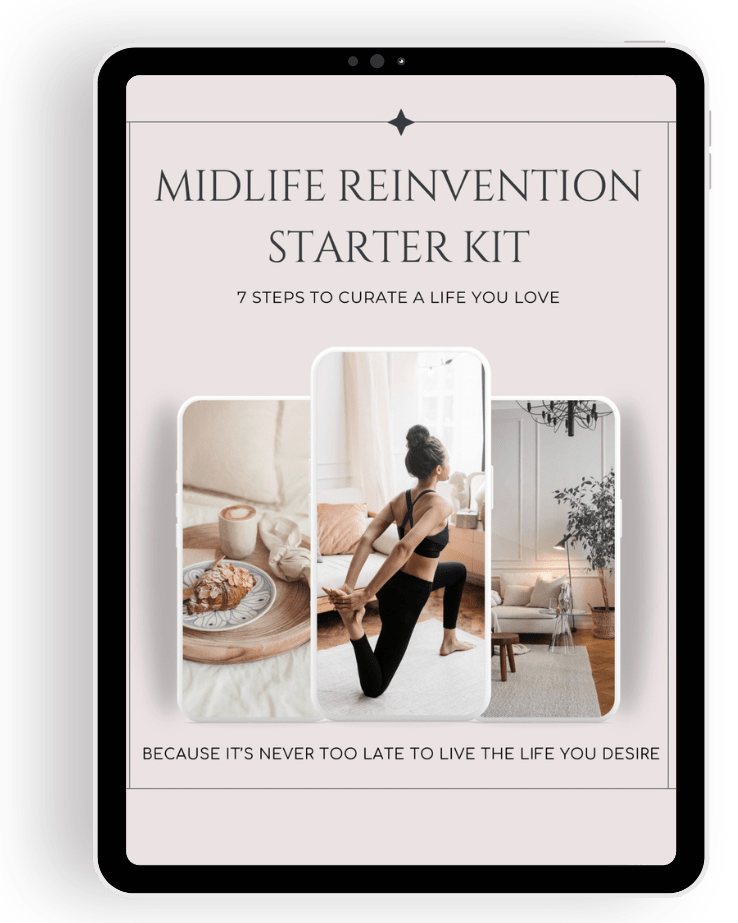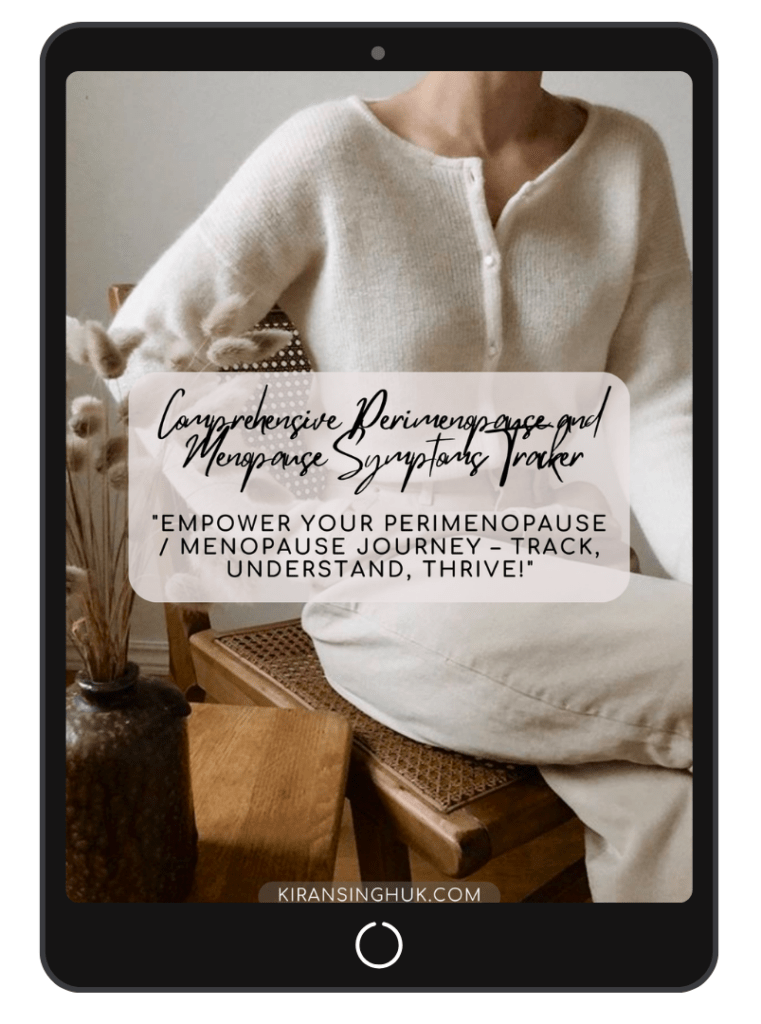Menopause is a profound transition in a woman’s life – one that brings both challenges and opportunities for growth. It marks the end of your reproductive years but also the beginning of a new chapter, one where you can prioritise your health, well-being, and personal fulfilment. However, the changes that come with menopause – hot flushes, brain fog, disrupted sleep, and mood swings – can feel overwhelming.
The good news? You don’t have to suffer in silence. There are many ways to manage menopause and support your body through this transition. Whether you choose medical treatments, holistic approaches, lifestyle changes, or a combination of these, the key is to find what works for you.

Understanding Hormonal Changes in Menopause
Oestrogen and progesterone – two hormones that have been your body’s natural regulators for decades – begin to fluctuate and eventually decline during perimenopause. Your ovaries produce less of these hormones, leading to irregular periods, unpredictable symptoms, and finally, the cessation of menstruation. Once you’ve gone 12 consecutive months without a period, you are officially in menopause.
These hormonal shifts don’t just affect your reproductive system – they influence your brain, skin, bones, metabolism, heart health, and emotional well-being. That’s why menopause can feel like a full-body experience, bringing changes you may not have anticipated.
But you are not powerless in this process. There are many ways to navigate menopause with confidence, comfort, and control.

Medical Support for Menopause
Hormone Replacement Therapy (HRT): Rebalancing Your System
HRT is one of the most effective and evidence-based treatments for menopause symptoms. It works by replenishing declining hormone levels, helping to reduce hot flashes, night sweats, mood swings, joint pain, and vaginal dryness.
There are different types of HRT:
- ✔️ Oestrogen-only HRT – Recommended if you’ve had a hysterectomy.
- ✔️ Combined HRT (oestrogen + progesterone) – Necessary if you still have your womb, as progesterone protects the uterine lining.
- ✔️ Testosterone therapy – Sometimes prescribed for low libido and brain fog.
HRT can be taken in different forms to suit your lifestyle:
- 📌 Tablets – Convenient but may carry a slightly higher risk of blood clots.
- 📌 Patches – A good option for women who prefer a transdermal approach.
- 📌 Gels & Sprays – Easy to apply, offering flexibility in dosage.
- 📌 Vaginal oestrogen (rings, pessaries, creams) – Helps specifically with vaginal dryness and discomfort.
HRT isn’t for everyone, but for many women, the benefits far outweigh the risks. Always consult a menopause-literate doctor to explore your options.

Cognitive Behavioural Therapy (CBT) & Other Therapeutic Approaches
Menopause isn’t just a physical experience – it can take a toll on your mental health too. The changes in hormones can trigger anxiety, depression, low mood, and brain fog, making it harder to feel like yourself.
CBT has been shown to help women reframe negative thoughts, manage stress, and cope with menopause symptoms like insomnia, hot flashes, and mood swings. Other beneficial therapies include:
- ✔️ Counselling & Psychotherapy – Providing a safe space to discuss emotional struggles.
- ✔️ Mindfulness & Meditation – Helping you stay present and reduce anxiety.
- ✔️ Hypnotherapy – Proven to alleviate hot flushes and improve sleep.
Prescription Medications & Over-the-Counter Support
If HRT isn’t right for you, other medications and treatments may help:
- 💊 Veozah – A hormone-free treatment for hot flushes and night sweats.
- 💊 Beta-blockers – Can help manage anxiety and heart palpitations.
- 💊 Oxybutynin – Used for bladder issues, but also effective in reducing hot flushes.
- 💊 Low-dose antidepressants – May help with mood swings and hot flashes.
- 💊 Lubricants & Vaginal Moisturisers – Essential for vaginal dryness and discomfort.
- 💊 Clonidine – Helps with hot flushes, particularly if HRT isn’t an option.
Your body is unique – speak to a professional to find the right treatment for you.
Natural & Holistic Approaches to Menopause
If you prefer a more natural approach, there are many ways to support your body and mind:
🌿 Herbal Remedies & Supplements
- ✔️ Black Cohosh – May help with hot flushes and night sweats.
- ✔️ St John’s Wort – Supports mood balance and reduces irritability.
- ✔️ Phytoestrogens (Soy, Red Clover) – Plant compounds that mimic oestrogen.
- ✔️ Gamma Linolenic Acid (GLA) – Found in evening primrose and borage oil, beneficial for hormonal balance.
- ✔️ Magnesium & B Vitamins – Crucial for sleep, mood, and energy levels.
🌿 Holistic Treatments
- ✔️ Yoga & Pilates – Enhances flexibility, reduces stress, and strengthens muscles.
- ✔️ Reflexology & Acupuncture – Promotes hormonal balance and relaxation.
- ✔️ Cold Water Therapy – Can reduce inflammation, boost circulation, and improve mood.

The Power of Nutrition & Exercise
🛑 Menopause is NOT the time for restrictive diets – it’s time to nourish your body properly.
Essential Nutrients for Menopause:
- ✔️ Protein – Supports muscle mass, skin elasticity, and hormone production.
- ✔️ Calcium & Vitamin D – Strengthens bones and reduces osteoporosis risk.
- ✔️ Omega-3s – Reduces inflammation and supports brain & heart health.
- ✔️ Low-GI Carbohydrates – Helps stabilise blood sugar and energy levels.
Foods to include:
- 🥑 Healthy fats (avocados, nuts, olive oil)
- 🥦 Colourful vegetables (antioxidant-rich)
- 🐟 Oily fish (salmon, mackerel, sardines)
- 🍓 Berries (for cognitive support)
- 🌾 Wholegrains (for steady energy)
Exercise for Menopause:
- 🏃♀️ Cardio – Walking, dancing, cycling, swimming.
- 🏋️♀️ Strength training – Protects bones and metabolism.
- 🧘♀️ Yoga/Pilates – Improves flexibility and mental clarity.
Consistency is key! Movement isn’t just about fitness – it’s about feeling good in your body.
Lifestyle Changes That Can Make a Big Difference
- ✅ Prioritise Sleep – Create a bedtime routine, reduce screen time, and try magnesium.
- ✅ Manage Stress – Deep breathing, journaling, and spending time in nature help.
- ✅ Talk About It – Menopause is NOT a taboo. Speak with friends, family, and professionals.
- ✅ Dress for Comfort – Lightweight, breathable fabrics help with temperature regulation.
- ✅ Cut Back on Alcohol & Caffeine – They can trigger hot flushes and disrupt sleep.
- ✅ Quit Smoking – It worsens menopause symptoms and increases health risks.

Final Thoughts: You Are Not Alone
Menopause is a transition, not a downfall. It’s an invitation to care for yourself deeply, listen to your body, and embrace a new version of yourself.
You are strong. You are resilient. And with the right knowledge, support, and self-care, you can thrive during this phase.
🔹 Want to learn more? Book your session below.
💬 What has helped you the most during menopause? Share your experiences – let’s normalise this conversation!
DISCLAIMER
I am not a health professional or medical practitioner. I am a certified Menopause Wellness Coach, and the information provided here is intended for educational and informational purposes only. It should not be taken as medical advice, diagnosis, or treatment. For any health-related concerns or queries, please consult your GP or a qualified healthcare provider. Always seek the advice of a medical professional before making any changes to your healthcare routine or starting new treatments.

Feel free to sign up to my Friday Morning Love Note HERE! This isn’t just a newsletter - it’s your invitation to pause, reflect, and realign with you. Every week, we’ll journey together to uncover the small, meaningful shifts that will help you design a life that feels uniquely and beautifully yours. Each week, I’ll deliver fresh intentions, uplifting tips, and simple shifts to inspire purposeful, creative living.




